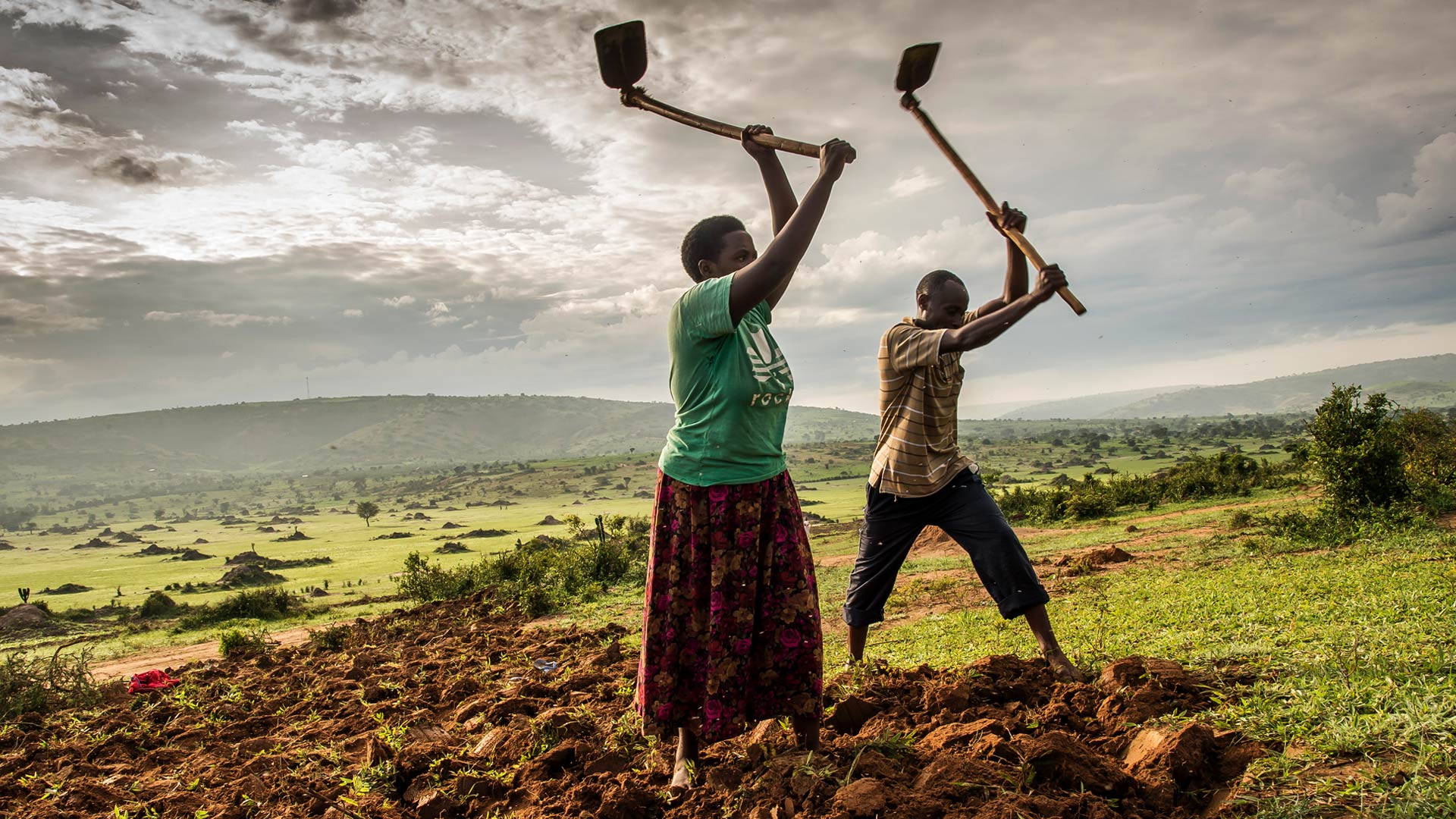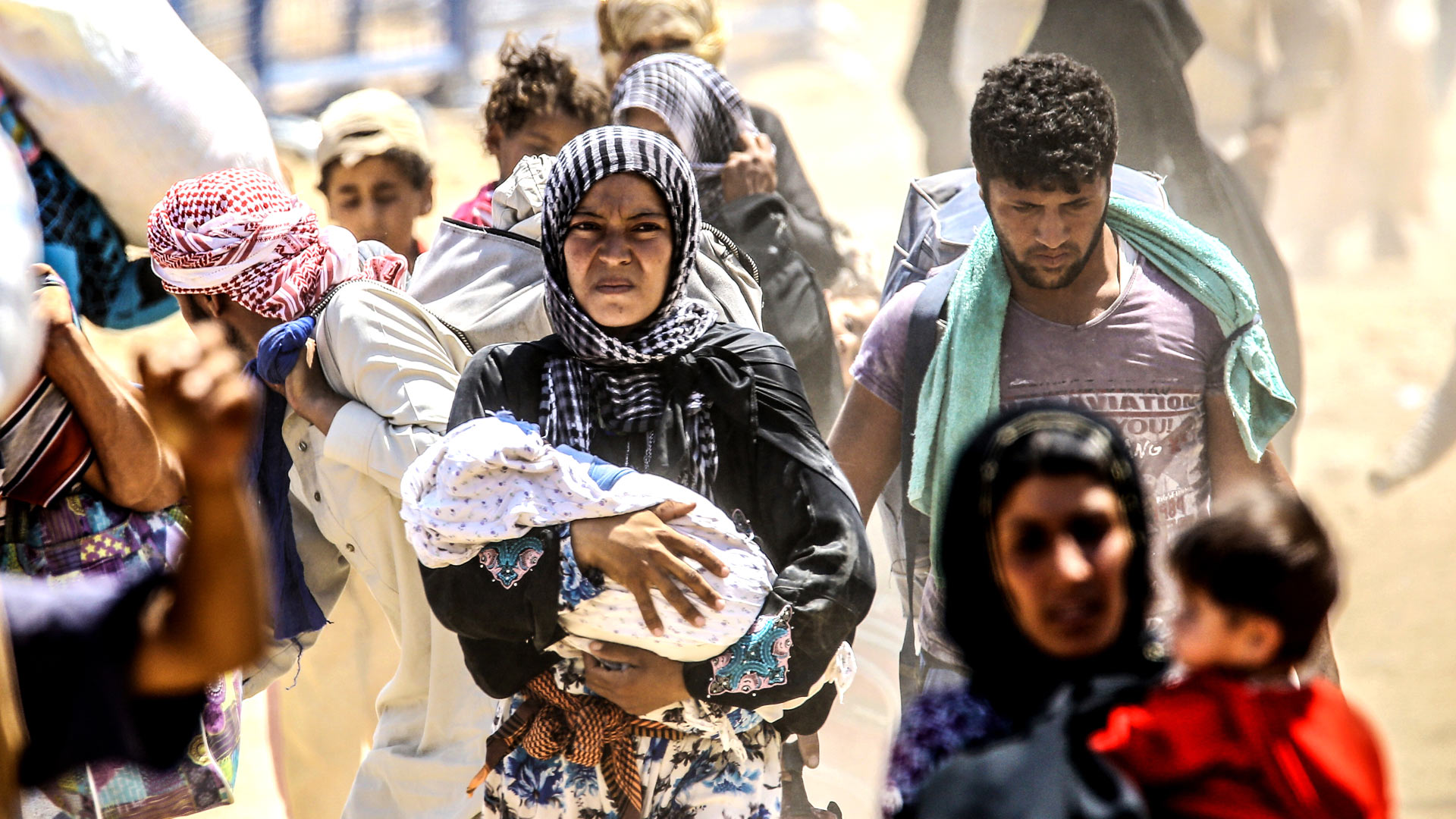US$33 million programme rewards decades of hospitality in Bangladesh
US$33 million programme rewards decades of hospitality in Bangladesh

TEKNAF, Bangladesh, July 20 (UNHCR) - For Bangladeshi women with pregnancy complications in this poverty-stricken area an emergency transfer to hospital is often beyond their budgets and can be life-threatening.
They either have to pay for fuel for the three-hour trip by government ambulance to a hospital in the nearest big town, Cox's Bazar, or risk a long ride over rutted roads in a motorized rickshaw - sometimes too dangerous to contemplate.
But two Bangladeshi women facing labour complications in the last month got to ride to Cox's Bazar Sadar Hospital in comfort and safety thanks to brand-new ambulances provided by UNHCR for the use of the Teknaf and Ukhiya health centres. Provision of the ambulances is just one element of the UN refugee agency's support for the local communities that have welcomed Rohingya refugees from Myanmar for decades.
"The government of Bangladesh and the people of Bangladesh have hosted refugees from Myanmar for over 19 years, and have shown great hospitality," said Craig Sanders, UNHCR's representative in Bangladesh. "We want to make sure to show that we are here to help not just refugees, but the host community as well," he added.
Sanders said everyone who needs an ambulance should have access to the two vehicles, which are also used to transport seriously ill refugees who cannot be treated in the two refugee camps that house 28,500 refugees.
As part of its efforts to improve life for the local community, UNHCR recently spent US$200,000 to improve six schools for Bangladeshis living near the two camps south-east of Cox's Bazar, the latest in more than 140 infrastructure projects UNHCR has funded for the local population since 1993.
The UN team in Bangladesh has also decided more needs to be done to pull people in this region out of poverty.
"When we looked at all the objective indicators, we found that the sub-districts of Ukhiya and Teknaf that host most of the refugees lag significantly behind national standards," said Carel de Rooy, UNICEF representative in Bangladesh. "This is why the UN has initiated a comprehensive programme to combat poverty in these sub-districts."
The United Nations Joint Initiative to combat poverty in the refugee-hosting districts, led by UNICEF and launched in February, should see the investment of US$33 million in this area by the end of 2011. Other participating agencies are the World Food Programme, the UN Development Programme and the UN Population Fund, all closely supported by UNHCR.
Over the next two years, the initiative aims to reduce poverty by five per cent annually by improving medical, water and sanitation facilities, providing better schools, reducing chronic food shortages and creating jobs.
"Supporting refugee-impacted areas is not just UNHCR's responsibility," said Arthur Erken, the acting UN resident coordinator and head of the UN Population Fund's office in Bangladesh "We are all responsible for bringing our expertise to support Bangladesh, whose people have been hosting 200,000 people from Myanmar for over 19 years despite their own poverty."
On the health front, the poorest of the poor will no longer have to worry about coming up with cash for emergency trips to hospitals from the bare-bones health clinics in Teknaf and Ukhiya. At least until the end of this year, UNHCR is footing the bills for the ambulances.
"We are very happy to have these ambulances," said the government's top medical official in the area, Kajul Barua, based in Cox's Bazar. "It's a great opportunity for our people. In many cases our own very poor people have not been able to afford fuel for our own ambulances, so we are happy UNHCR is helping us."
By Arjun Jain and Kitty McKinsey in Teknaf, Bangladesh








